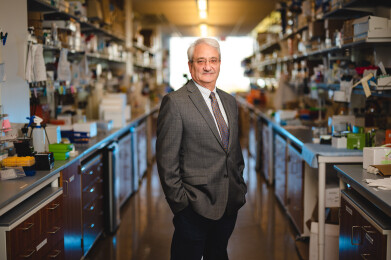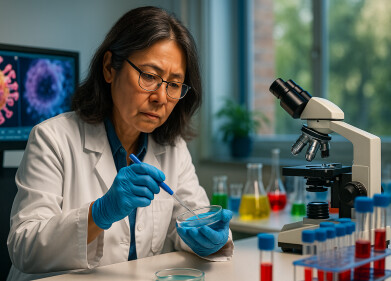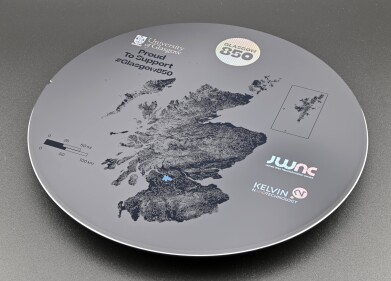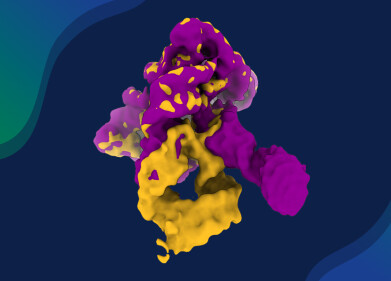-
 Dr David B. Weiner.
Dr David B. Weiner.
Research news
Scientists unveil breakthrough in nano-delivery technology for DNA vaccines
Apr 01 2025
A collaborative effort between The Wistar Institute, University of Pennsylvania, and INOVIO Pharmaceuticals has led to an exciting leap forward in vaccine technology. A team of researchers has demonstrated pre-clinical proof of concept for a revolutionary DNA vaccine delivery system that harnesses the power of lipid nanoparticles (LNPs). This cutting-edge method could change the landscape of immunisation by improving vaccine stability and efficacy, offering new avenues for combating diseases such as influenza and COVID-19.
At the forefront of this groundbreaking research is Dr David B. Weiner, a pioneer in DNA vaccines, whose laboratory at The Wistar Institute worked alongside scientists from the University of Pennsylvania’s Perelman School of Medicine and INOVIO. Their findings [1], published in Cell Reports Medicine, introduce a novel approach that combines plasmid DNA with lipid nanoparticles, providing a more stable and efficient way to deliver genetic material to immune cells.
In traditional vaccine formulations, DNA has faced challenges related to its stability and size, making it difficult to deliver effectively using lipid-based nanoparticles. However, the research team, led by doctoral student Nicholas Tursi, tackled these issues by modifying lipid-based formulations to stabilise the DNA, enhancing its delivery potential. Unlike RNA vaccines, which have been widely studied, DNA’s double-stranded nature and larger size make it a harder candidate for lipid-based formulations. This study marks a significant breakthrough in overcoming these obstacles.
The team used a model DNA-LNP formulation expressing the influenza hemagglutinin (HA) protein to test the new technology. By adjusting the balance between the lipid nanoparticles and DNA, they were able to produce smaller, more stable particles that generated stronger immune responses. The DNA-LNP approach also displayed unique immunological effects, priming both innate and adaptive immune responses in ways that traditional vaccines do not.
In pre-clinical tests, the new DNA-LNP vaccines triggered robust antibody and T-cell responses after a single dose. These immune responses were not only strong but also long-lasting, persisting for over a year in small animal models. The research also demonstrated the potential of these vaccines to provide protection against SARS-CoV-2, with a single immunisation preventing both morbidity and mortality in a live challenge model.
This study showcases the immense potential of DNA-LNP vaccines as a new platform technology for immunisation. By offering enhanced stability and the ability to provoke strong immune responses, this innovative approach could complement or even replace existing vaccine modalities, especially for diseases that require long-lasting immunity.
More information online
1. Modulation of lipid nanoparticle-formulated plasmid DNA drives innate immune activation promoting adaptive immunity from Cell Reports Medicine
Digital Edition
Lab Asia Dec 2025
December 2025
Chromatography Articles- Cutting-edge sample preparation tools help laboratories to stay ahead of the curveMass Spectrometry & Spectroscopy Articles- Unlocking the complexity of metabolomics: Pushi...
View all digital editions
Events
Jan 21 2026 Tokyo, Japan
Jan 28 2026 Tokyo, Japan
Jan 29 2026 New Delhi, India
Feb 07 2026 Boston, MA, USA
Asia Pharma Expo/Asia Lab Expo
Feb 12 2026 Dhaka, Bangladesh


















